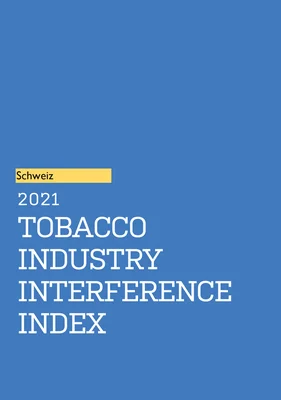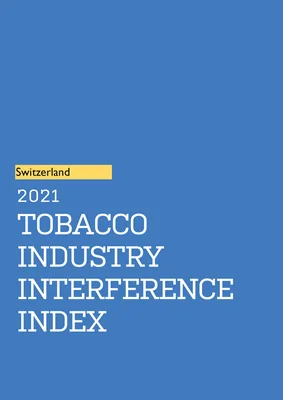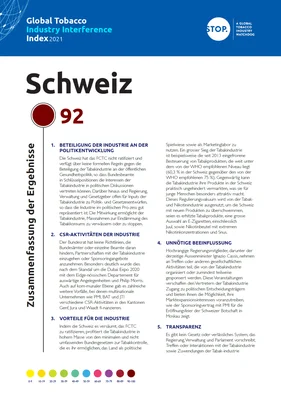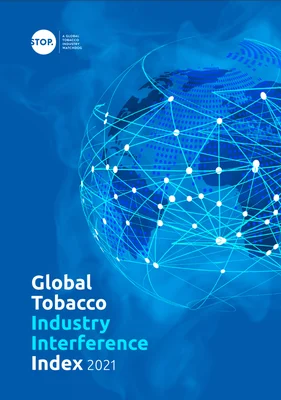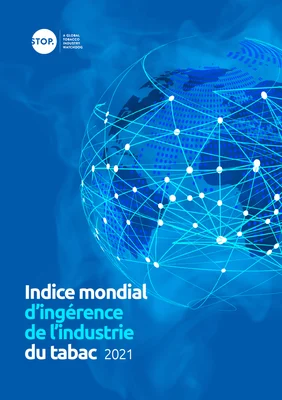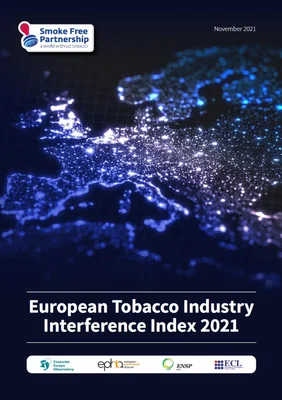Global Tobacco Industry Interference Index 2021
With 92 out of a possible 100 points, Switzerland is in 79th place in 2021 (out of a total of 80 countries) and is thus considered particularly industry-friendly. Among the 16 participating European states, Switzerland actually performs the worst.
The first three ranks and thus the nations in which the influence of the tobacco industry is lowest are occupied by Brunei Darussalam, New Zealand and the United Kingdom.
European Tobacco Industry Interference Index 2021 (Video: GGTC)
Switzerland as a playground for the tobacco industry
As in many other countries, the tobacco industry in Switzerland prevents and delays any development in public health policy that could harm its interests. It interferes in discussions on regulatory measures, influences decision-makers and uses numerous lobbyists to disseminate biased information and represent its interests. The most recent example: After more than six years of work, the parliament passed a disappointing Tobacco Products Act on 1 October: With this law, Switzerland will continue to have the weakest rules for tobacco advertising in Europe and thus remain the tail light in tobacco prevention - a direct consequence of the massive lobbying of the tobacco industry.
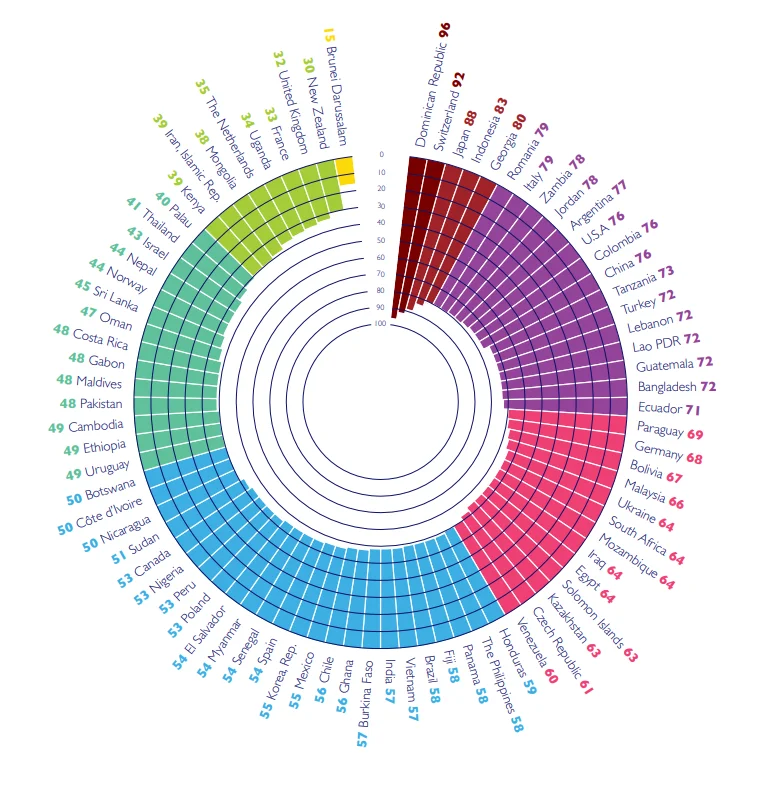
Figure: Comparison of scores of participating countries (2021)
As Switzerland fails to ratify the FCTC, the tobacco industry benefits greatly from the minimal federal laws on tobacco control: for example, the tobacco tax has not been raised since 2013 and the industry can market its products virtually unhindered. Thus, it serves as a playground for the multinational tobacco companies based here, Philip Morris International (PMI), British American Tobacco (BAT) and Japan Tobacco International (JTI) - the global net turnover of these three companies is over 80 billion US dollars for 2019.
Every year, 9,500 people die in Switzerland as a result of smoking. A sad toll! And it is foreseeable that nothing will change in this regard any time soon. As the report points out, new laws and measures aimed at regulating traditional and new tobacco and nicotine products as well as their marketing are weakened by the industry, ultimately undermining public health.
Downloads
